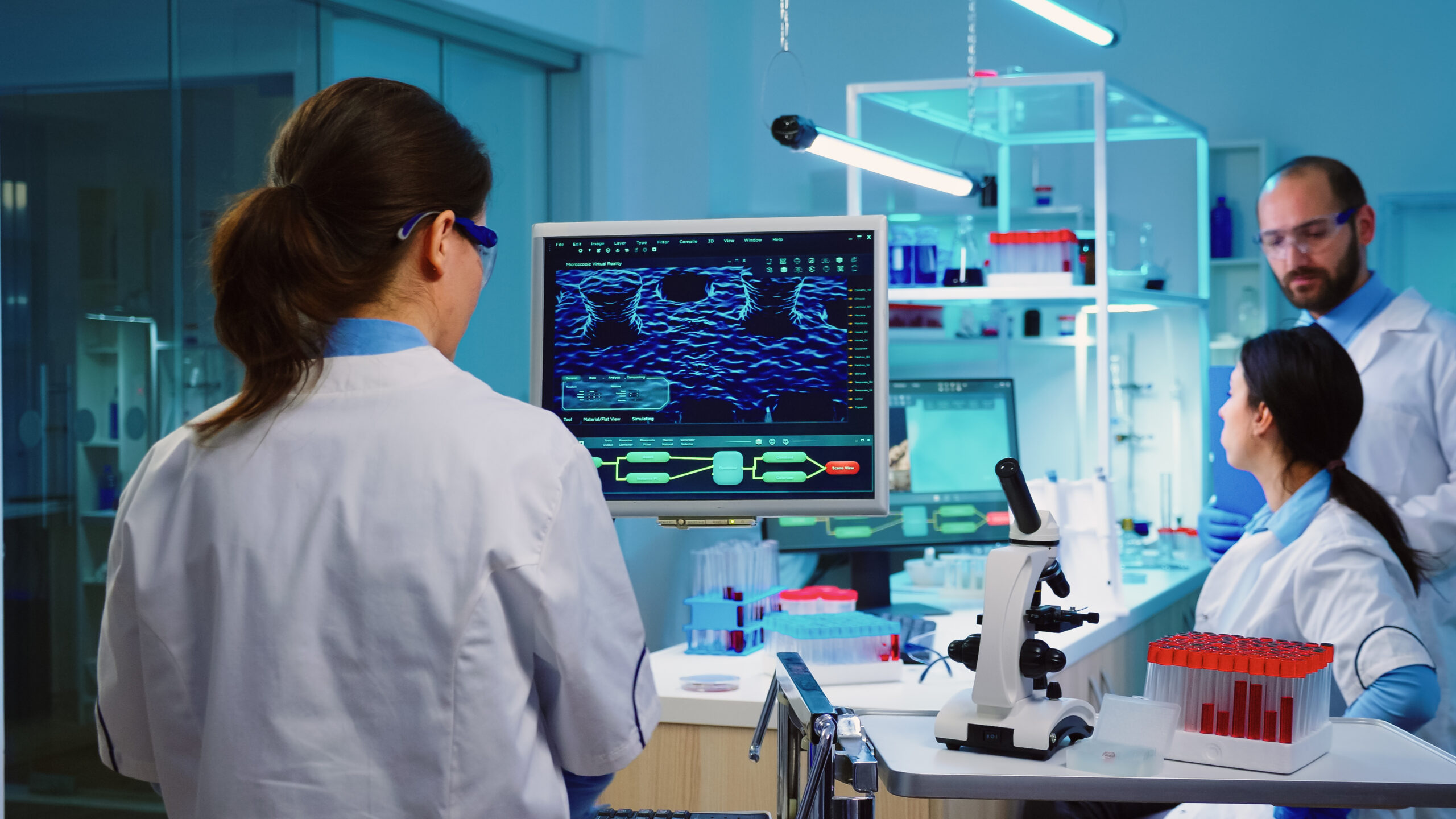Healthcare Specialist
Top Medical Destinations.
Medical journey
Top Indian Hospitals
Medical journey
Top Indian Doctors
Pulmonologist
A pulmonologist is a medical doctor who specializes in the diagnosis and treatment of diseases and conditions affecting the respiratory system, which includes the lungs and airways. These specialists are trained to manage various respiratory conditions such as asthma, chronic obstructive pulmonary disease (COPD), pneumonia, tuberculosis, lung cancer, and other pulmonary disorders.They may perform diagnostic procedures like spirometry, bronchoscopy, and pulmonary function tests to assess lung function and structure. Treatment modalities prescribed by pulmonologists may include medications, inhalers, oxygen therapy, pulmonary rehabilitation, and in severe cases, surgical interventions
Orthopedic
An orthopedic surgeon, commonly referred to as an orthopedist or orthopedic doctor, is a medical specialist who focuses on the diagnosis, treatment, prevention, and rehabilitation of injuries and disorders related to the musculoskeletal system. The musculoskeletal system includes bones, joints, muscles, ligaments, tendons, and nerves.Orthopedic surgeons treat a wide range of conditions, including fractures, sprains, strains, arthritis, sports injuries, congenital disorders, degenerative diseases, and musculoskeletal trauma. Orthopedic surgeons often specialize in specific areas within the field, such as hand surgery, foot and ankle surgery, spine surgery, sports medicine, joint replacement (e.g., hip replacement, knee replacement), pediatric orthopedics, and trauma surgery.
Pediatrics
A Pediatrics is the branch of medicine that focuses on the health and medical care of infants, children, and adolescents. Pediatricians are medical doctors who specialize in this field, providing healthcare services to patients from birth through adolescence, typically up to the age of 18. Pediatricians are trained to diagnose, treat, and prevent a wide range of medical conditions that affect children, including infectious diseases, developmental disorders, congenital anomalies, nutritional issues, and behavioral problems.
Gastroenterologist
A gastroenterologist is a medical doctor who specializes in the diagnosis and treatment of disorders and diseases related to the digestive system, also known as the gastrointestinal (GI) tract. This includes the esophagus, stomach, small intestine, large intestine (colon), liver, pancreas, gallbladder, and bile ducts. Gastroenterologists are trained to manage a wide range of GI conditions, including but not limited to: Gastroesophageal reflux disease (GERD) Peptic ulcers Inflammatory bowel diseases (such as Crohn's disease and ulcerative colitis) Irritable bowel syndrome (IBS) Gastrointestinal bleeding Liver diseases (such as hepatitis, cirrhosis, and fatty liver disease) Pancreatitis Gallbladder and biliary tract diseases (such as gallstones) Celiac disease Colorectal cancer screening and management
Gynecologist
It seems you might be referring to a gynecologist. A gynecologist is a medical doctor who specializes in the health of the female reproductive system. They provide medical care related to the female reproductive organs, including the uterus, ovaries, fallopian tubes, cervix, and vagina. Gynecologists are trained to diagnose and treat a wide range of conditions, including but not limited to: Menstrual disorders Pelvic pain Sexually transmitted infections (STIs) Infertility Pregnancy-related issues Menopause-related symptoms Contraception counseling and management Gynecological cancers (such as cervical, ovarian, uterine cancers) Endometriosis Uterine fibroids.
Neurosurgeon
It appears you're referring to a neurosurgeon. A neurosurgeon is a medical doctor who specializes in the diagnosis, surgical treatment, and management of disorders affecting the nervous system, including the brain, spinal cord, and peripheral nerves. Neurosurgeons undergo extensive training, typically completing a medical degree followed by residency training in neurological surgery. Neurosurgeons treat a wide range of conditions, including but not limited to: Brain tumors Spinal cord tumors Traumatic brain and spinal cord injuries Cerebrovascular diseases (such as aneurysms and strokes) Degenerative spine diseases (such as herniated discs and spinal stenosis) Epilepsy Movement disorders (such as Parkinson's disease) Chiari malformations Hydrocephalus Peripheral nerve disorders (such as carpal tunnel syndrome)
The Medical Journey of India
India offers a diverse range of medical services encompassing varied specialties to cater to the needs of all. Accessibility, affordability, and quality of care are of utmost importance here. During their healthcare journey, individuals are guided well with various support systems in place. India also takes pride in paying special attention to cultural considerations to make patients feel more welcomed.
Cardiology
Treatment for all heart-related diseases.
Orthopedics
Expert treatment for all bone-related ailments.
Oncology
State-of-the-art facilities and treatment for all types of cancer.
Gastroenterology
Expert treatment for all digestive tract issues.













